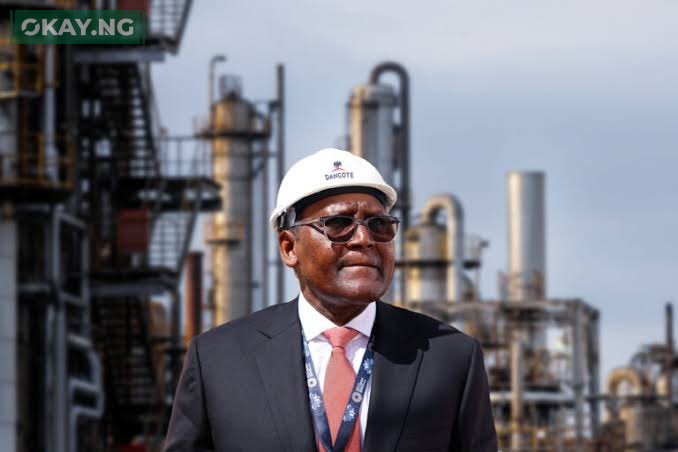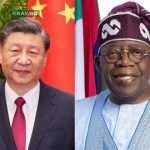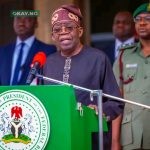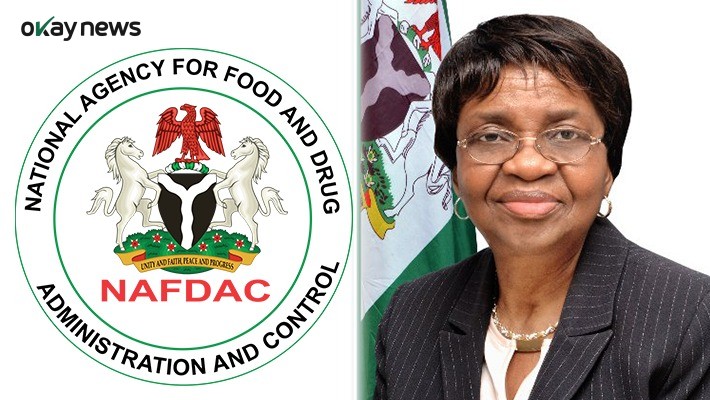Africa’s richest man and President of the Dangote Group, Aliko Dangote, has accused the Nigerian Union of Petroleum and Natural Gas Workers (NUPENG) of imposing hidden charges of up to ₦50,000 on every truck loading fuel at his refinery, warning that such costs will ultimately be borne by the consumer.
Speaking to journalists, Dangote emphasized that Nigerians are the ones paying for what he described as “unsustainable levies.”
“I am saying that there are several charges here, where if a truck is going to load, NUPENG has been collecting about N50,000 or N48,000 on each truck. By the time everybody collects their own, you are talking about N80,000 to N84,000. So, who pays for that cost? The consumer actually pays,” he stated.
According to Dangote, the refinery has already deployed 4,000 Compressed Natural Gas (CNG)-powered trucks to ensure independence from union-controlled transport systems. “Now that we have launched our own CNG trucks, we will not allow any group to hold us hostage. If there is no evacuation, there is nothing we can do,” he added.
He further argued that union membership in Nigeria is voluntary, pointing to constitutional rights. “If anybody wants to join the union, even our own workers, we say, ‘Fine, go and join.’ But it must be voluntary. Even religion is voluntary—you cannot force anyone to convert.”
NUPENG President, Williams Akporeha, gave a cryptic response when contacted: “N50k (₦50,000) now? No more N1 per litre?”
Industry experts like Professor Dayo Ayoade, an energy law specialist, raised questions about the union’s role. “The job of a union is to assist its members and protect their jobs, but it doesn’t have a right to tax or collect fees for fuel loading. Is NUPENG now a tax-collecting agency? That is the question,” he said.
Analysts fear that additional charges at refinery gates could worsen fuel affordability at a time when households are already grappling with high prices due to foreign exchange costs.
okay.ng reports that Dangote’s allegations have reignited debate about pricing transparency in Nigeria’s energy sector and the need for government intervention.







